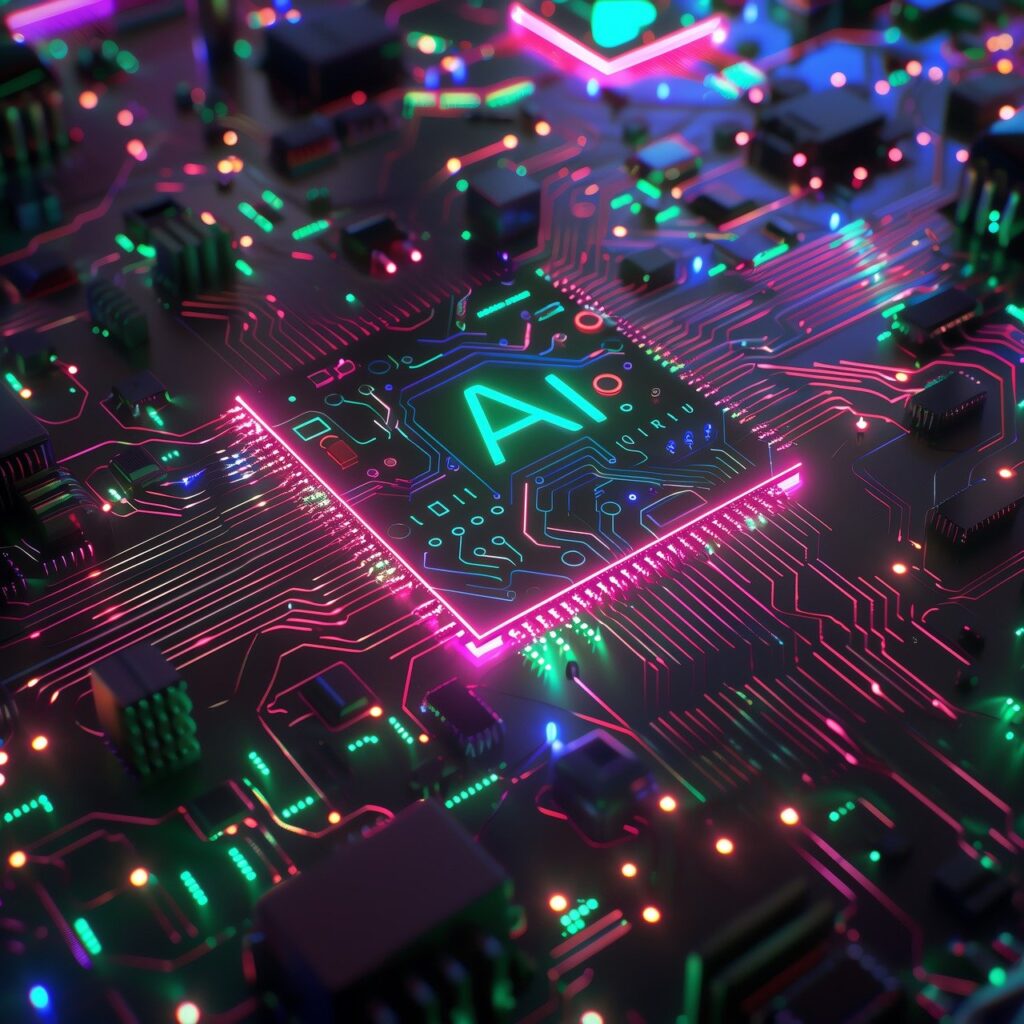
Artificial Intelligence
Artificial Intelligence (AI) refers to the simulation of human intelligence in machines that are programmed to think and learn like humans.
The Power of Artificial Intelligence (AI)
Artificial Intelligence (AI) is a branch of computer science focused on creating systems that can perform tasks requiring human intelligence. These systems are designed to learn from data, recognize patterns, and make decisions with minimal human intervention. AI encompasses various techniques, including machine learning, which enables algorithms to improve their performance over time through experience. Natural language processing (NLP) allows machines to understand and generate human language, powering applications like chatbots and language translation.

AI can be categorized into Narrow AI (also known as Weak AI), which is designed for specific tasks like speech recognition or image classification, and General AI (Strong AI), which aims to mimic human cognitive abilities across a wide range of tasks. Machine learning is a subset of AI that enables machines to learn from data and improve over time without explicit programming. Algorithms learn patterns and make predictions or decisions based on data inputs, powering applications Deep learning is a type of machine learning that uses neural networks with many layers (deep neural networks).

AI is transforming industries by automating tasks, enhancing decision-making processes, and optimizing operations. AI raises ethical concerns regarding privacy, bias in algorithms, job displacement, and the ethical use of AI in decision-making. The future of AI involves advancements in areas such as explainable AI (making AI decisions transparent and understandable), AI ethics, human-AI collaboration, and AI-driven innovation across industries like healthcare, finance, education, and cybersecurity.

Conclusion
In conclusion, Artificial Intelligence (AI) represents a transformative force in technology, aiming to replicate and enhance human cognitive abilities through machines. From machine learning and deep learning to natural language processing and computer vision. As AI technologies evolve, they promise increased automation, efficiency gains, and new capabilities across various sectors, including healthcare, finance, transportation, and beyond.The future of AI holds immense potential for innovation and societal benefit, contingent upon responsible development, thoughtful regulation, and continued exploration of its ethical implications.

Lorem ipsum dolor sit amet, consectetur adipiscing elit. Ut elit tellus, luctus nec ullamcorper mattis, pulvinar dapibus leo.
Programs
Links
Contact
- T#09, 2nd Floor E-8 Markaz Plaza, Haidri chowk, Saidpur Rd, Block E Satellite Town
- +9201234567890
- companyname@mail.com